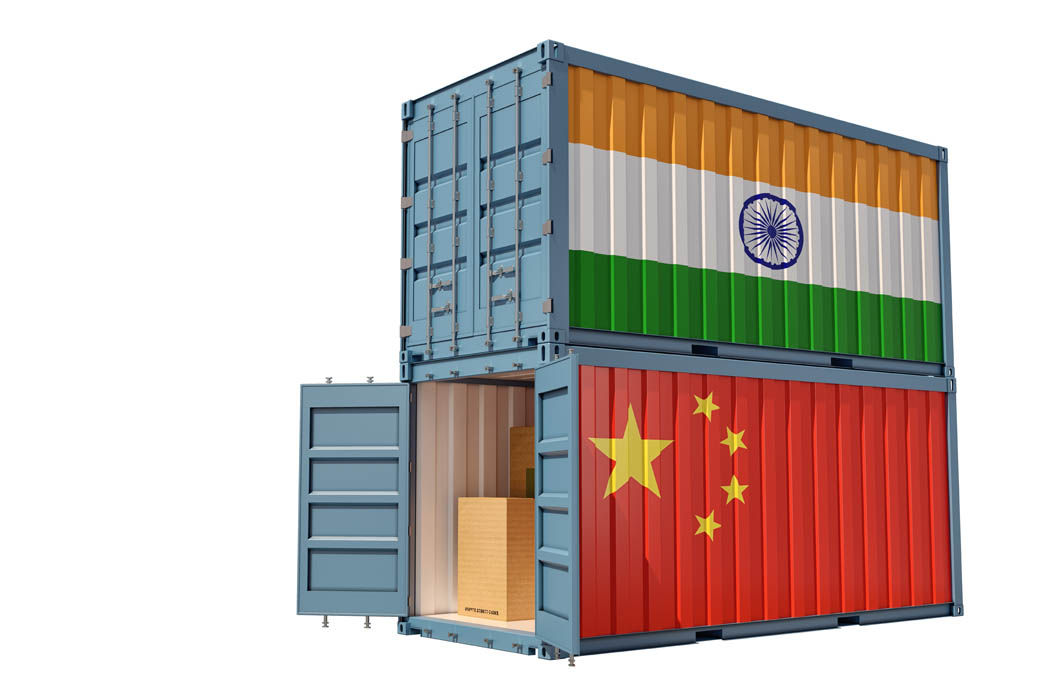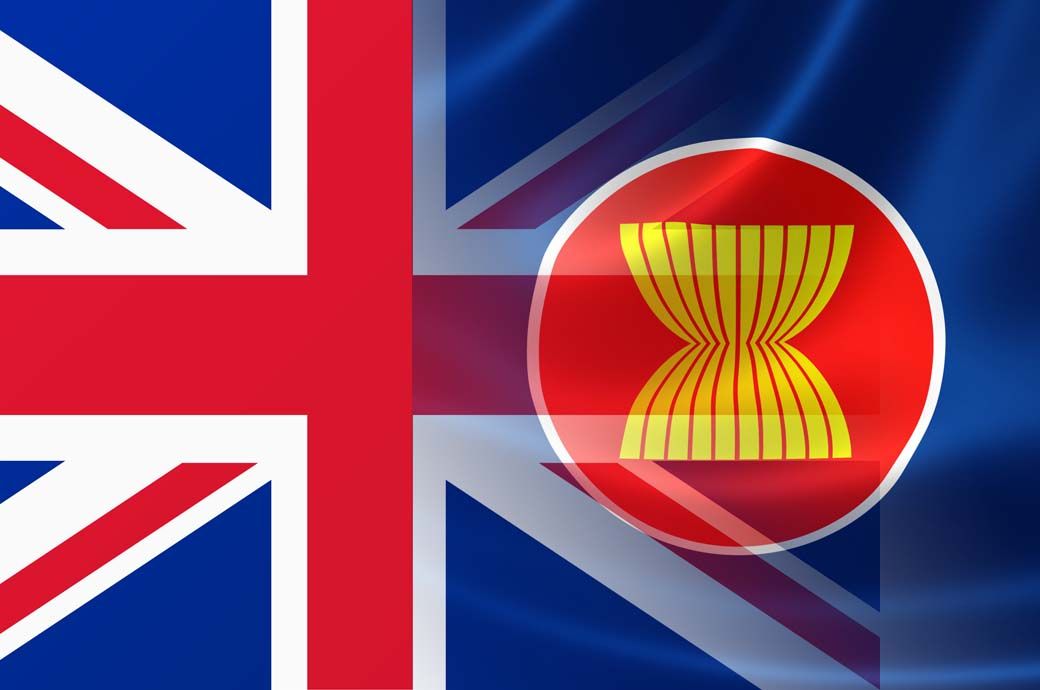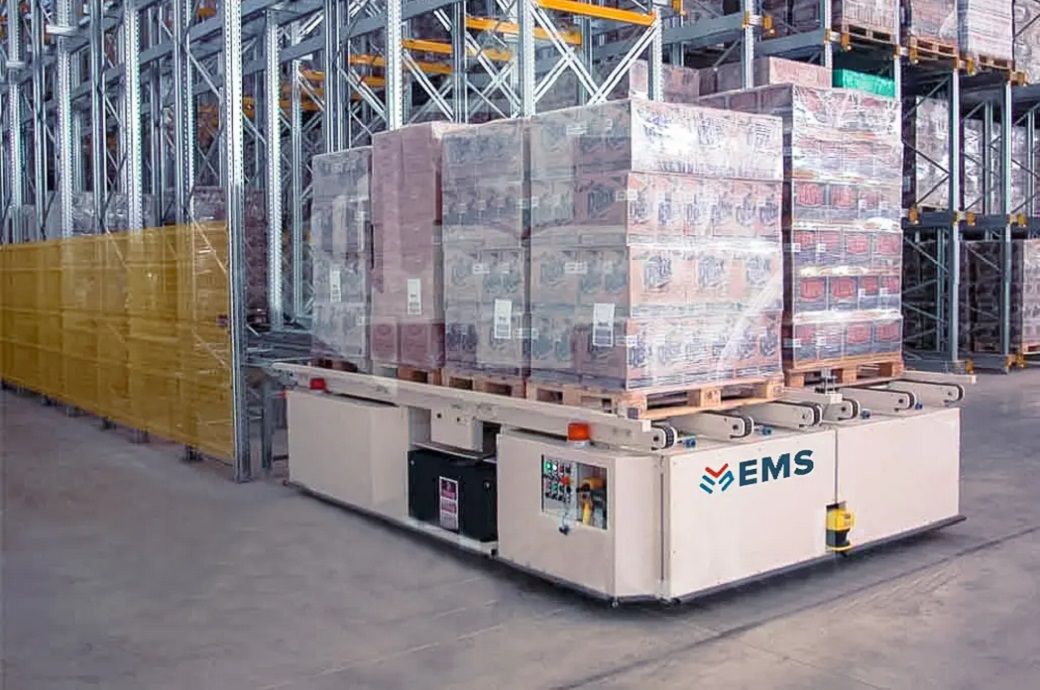Non-governmental organisations (NGOs) have proposed mandating washing machine filters as a solution to reduce the unintentional release of microplastics into the environment. In a whitepaper delivered to the members of the European Commission (EC), the NGOs commended the EC’s European Union (EU) strategy for Sustainable and Circular Textiles, which aims to boost the competitiveness, sustainability, and resilience of the EU textile sector.
The strategy has been commended as an influential example of best practice globally and aims to tackle the global plastic crisis caused by microfibres, with over half a million tonnes of microfibres released into the world’s oceans every year from washing clothes. Synthetic textiles contribute significantly to this crisis, as fibres less than 5mm are shed from natural, man-made cellulosic, and synthetic materials, according to a whitepaper titled ‘Filtration as an Effective and Near-Term Solution to Reduce the Release of Microplastics in the Environment’.
France has already shown leadership as the first country in the world to mandate microfibre filters on washing machines from 2025. California has also introduced a microfibre filtration bill that mandates all new washing machines sold in the state to contain a microfibre filtration system with a mesh size no greater than 100 micrometres from 2029. The EU strategy now aims to introduce similar mandates to reduce microplastic pollution.
The whitepaper also mentioned a variety of solutions for reducing the release of microfibres in the environment.
Reducing the production and use of synthetic textiles should be a critical focus of any policy and regulatory action when looking at the fashion industry’s impact on microplastic pollution.
Upstream is one of the most effective remedies is textile redesign. But improving material design and manufacturing processes is still only in its initial phase and therefore cannot be considered a near-term solution to tackling the microplastic problem. Furthermore, the majority of existing clothes do not have these design features and therefore will continue to shed large amounts of microfibres. This solution requires a major mindset shift towards a more circular way to make and buy clothes.
Wastewater treatment has potential to be an effective long-term solution for reducing microplastics but currently it isn’t fit for purpose. The majority of microplastics captured in wastewater treatment end up as sewage sludge, which is commonly used as organic fertiliser in the US and Europe.
The whitepaper highlighted two critical and interlinked considerations for legislation that mandates washing machine filters–timeliness and standards. Legislation must be brought into effect as soon as possible to have the biggest and most immediate impact on microplastic pollution, and it must require a capture rate of at least 90 per cent of microplastics for every wash cycle to have an impact.
Other important considerations for the EC include determining testing processes and standards in an unambiguous way to prevent further delay, obfuscation, and loopholes. Misleading sustainability statements from washing machine manufacturers must also be challenged, and industry-standard testing processes must be created to ensure credible comparability and consumer confidence.
The EU strategy for Sustainable and Circular Textiles, along with the proposed washing machine filter mandates, demonstrate the EU’s leadership in tackling microplastic pollution. The EU’s size means it will have a substantive impact in reducing microfibre pollution at scale.
These efforts come at a time when critical steps are being taken to introduce binding global measures to tackle the environmental and health risks posed by microplastic and microfibre pollution by 2024. The conversations taking place around the UN Plastic Treaty in Paris in May 2023 show a growing momentum for action on microplastic pollution.
The whitepaper has been authored by A Plastic Planet, Matter, PlanetCare, and 5 Gyres Institute, with support from industry NGOs such as Plastic Soup Foundation, Fashion Revolution, and Good on You. Their collaboration highlights the need for systemic change in the textile industry, looking at policy and regulatory action to disincentivise synthetic textile production and hold those producers accountable for the impacts of their products.
Non-governmental organizations have suggested that washing machine filters should be required in order to decrease the spillage of microplastics into the environment, according to a white paper. It is suggested that a law should be put in place which necessitates that all washing machines must have a filter that has the ability to nab up to 90% of any microplastics in a single washing cycle. Areas such as California have already implemented the requirement of microfiber filters.


 World News2 years ago
World News2 years ago
 World News2 years ago
World News2 years ago
 World News2 years ago
World News2 years ago
 World News2 years ago
World News2 years ago
 World News2 years ago
World News2 years ago













